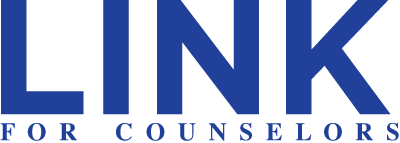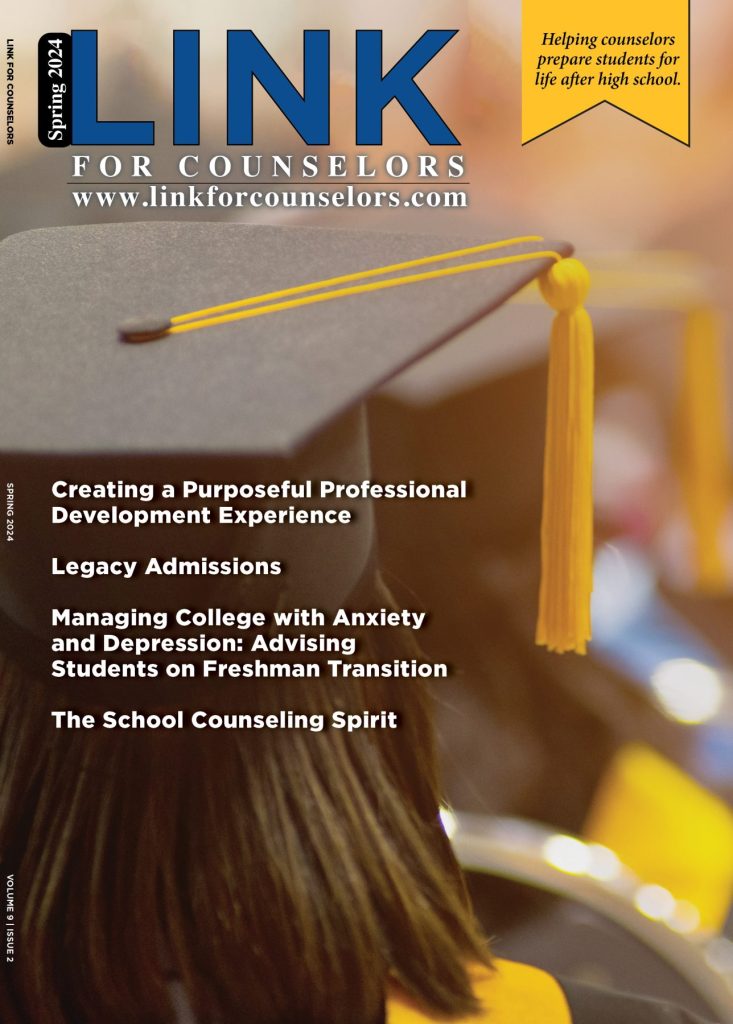This man could give wings to your students careers – An interview with Tomas Chamorro-Premuzic
Catching that amazing job after graduation — or after changing career entirely — can be a hugely daunting experience. But there is some clear direction you can take to increase the chance of landing the right role, beginning with hard data, science and answers from one of the world’s leading experts in job finding, Dr Tomas Chamorro-Premuzic.
As head of assessment at one of the world’s biggest recruiting companies and Psychology Professor at University of London and the University of Columbia, Chamorro-Premuzic is well placed to give you the inside track on what employers are looking for. Here, he answers the key questions about giving wings to your career.
Inset: Dr Tomas Chamorro-Premuzic is head of assessment at one of the world’s biggest recruiting companies and psychology professor at University of London and the University of Columbia. Photographer: Shannon Morris.
Interviewers often ask, ‘what’s your greatest weakness?’. How do you suggest people answer?
Try and look like you’re thinking about the answer, because the more you look like you have rehearsed the less truthful your answer will seem. Avoid common clichés such as ‘I’m too much of a perfectionist’ or ‘I’m too self-critical’. Avoid being completely honest, too. Much like a first date, an interview is not the time to reveal your deepest darkest secrets, so instead highlight the things your interviewers may have already identified as weaknesses, be it gaps or shortcomings in your CV and background, which will show self-awareness.
What is waiting for graduates out there?
Jobs today can pay well. They can also be interesting. They can also require creativity and fulfil multiple life needs. Competition is fierce though and qualifications are only a first pass filter — without them, you can do very little; but without understanding your personality, experience, connections, and self-awareness you’re not going to get very far, either. We live in a talent economy and the main talent passport you have is your reputation. How are you different and better from your competitors? I don’t like the idea of cultivating your personal brand – it sounds trivial, vacuous and narcissistic – but if your reputation doesn’t stand out in a crowded market, or if you can’t explain how you will use your talents at work, you’ll only make it if you are lucky.
What’s the most important skill a graduate can develop to flourish after university?
Your main competitive advantage lies in discovering your own skills. Tests we’ve set up on Wingfinder.com give you tailored feedback as to how you can do this. What you need for any role in any company is what’s called the RAW components of talent (Rewarding – interpersonal and intrapersonal skills; Able – a style of thinking or Intelligence suited to the demands of the role; Willing – drive and motivation).
Inset: www.wingfinder.com model; based on the original model of determinants of employability by
*Hogan, R., Chamorro-Premuzic, T., & Kaiser, R. B. (2013). Employability and career success: Bridging the gap between theory and reality. Industrial and Organizational Psychology, 6, 3–16
‘If you could redo your time at University what would you do?
I would spend more time on extracurricular activities, getting real world experience. It’s important to focus on your studies but use your spare time to create something, pursue hobbies, internships, projects and interact with people, proving to yourself that you can influence others and work well with them. These interpersonal skills are critical in any company.
What are the most common mistake graduates make as they begin a career?
Thinking they’re better than they actually are. When in fact modesty, self-awareness, the right career choices, and hard work will open doors. Expect less and give more. You’re at the beginning of your learning curve, so understand that this journey is probably not going to be a straight line. Nothing will open more doors than performing in your current role and being valued by those that you work with.
What do you wish you knew when you graduated?
That, from now on, life will only get harder and more complex, but the rewards feel even greater.
In a real sense, you never truly graduate — it’s a constant flow of learning, adapting and gaining more insight into yourself. Learning how best to leverage your curiosity and creativity, drive and how to work with others will be the greatest way of finding success.
What’s your top tip for somebody working out their next step?
Self-awareness can go a long way. The better people understand their own strengths, limitations, and interests, the smarter their career choices will be. They’ll end up liking their jobs more, performing better, and staying put longer. Self-awareness, in other words, is a sorely undervalued talent enhancer because it can help people identify jobs that actually match their values and skills.





